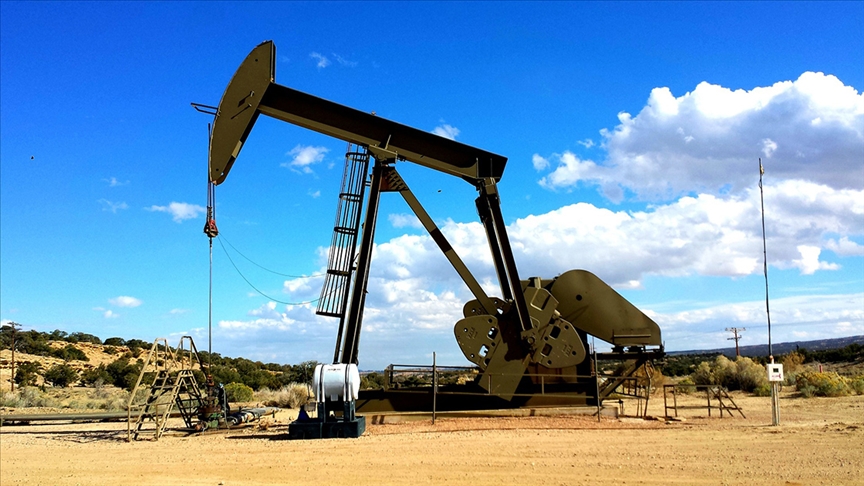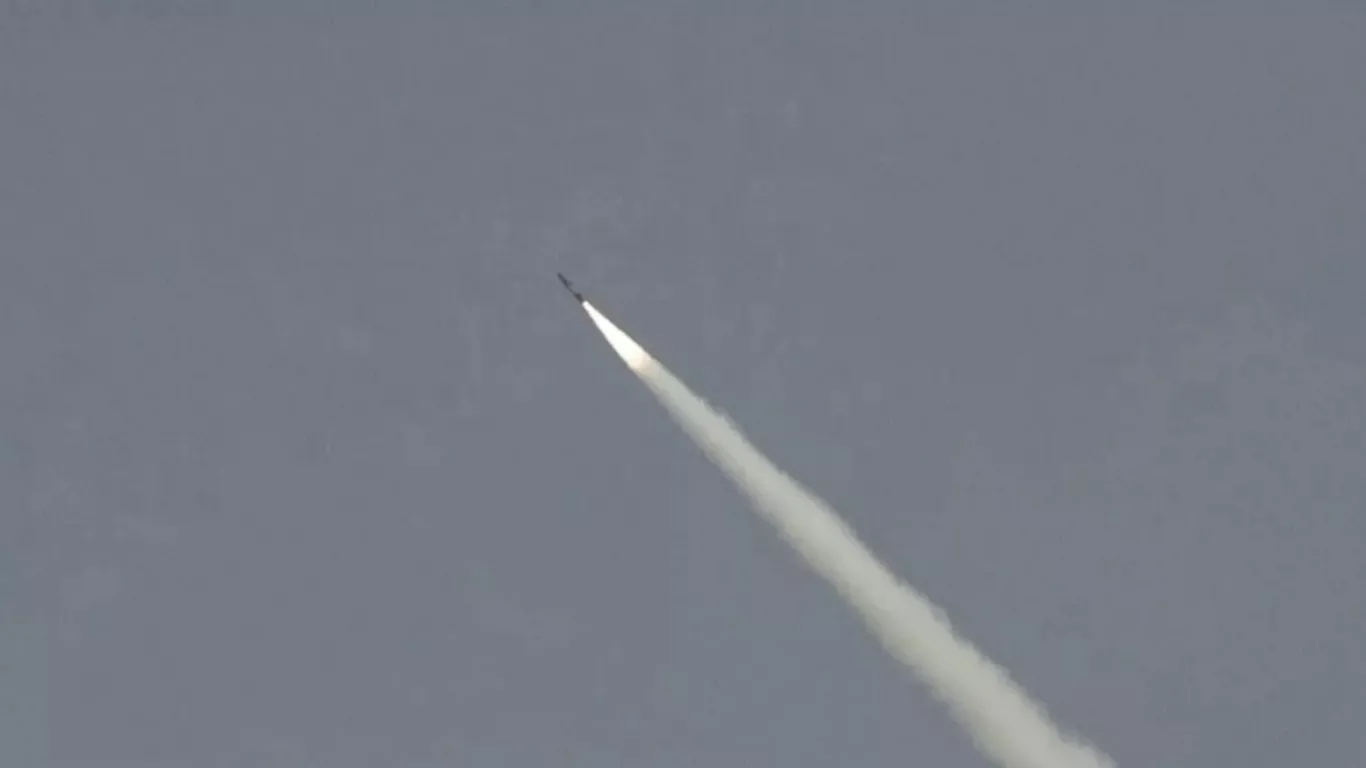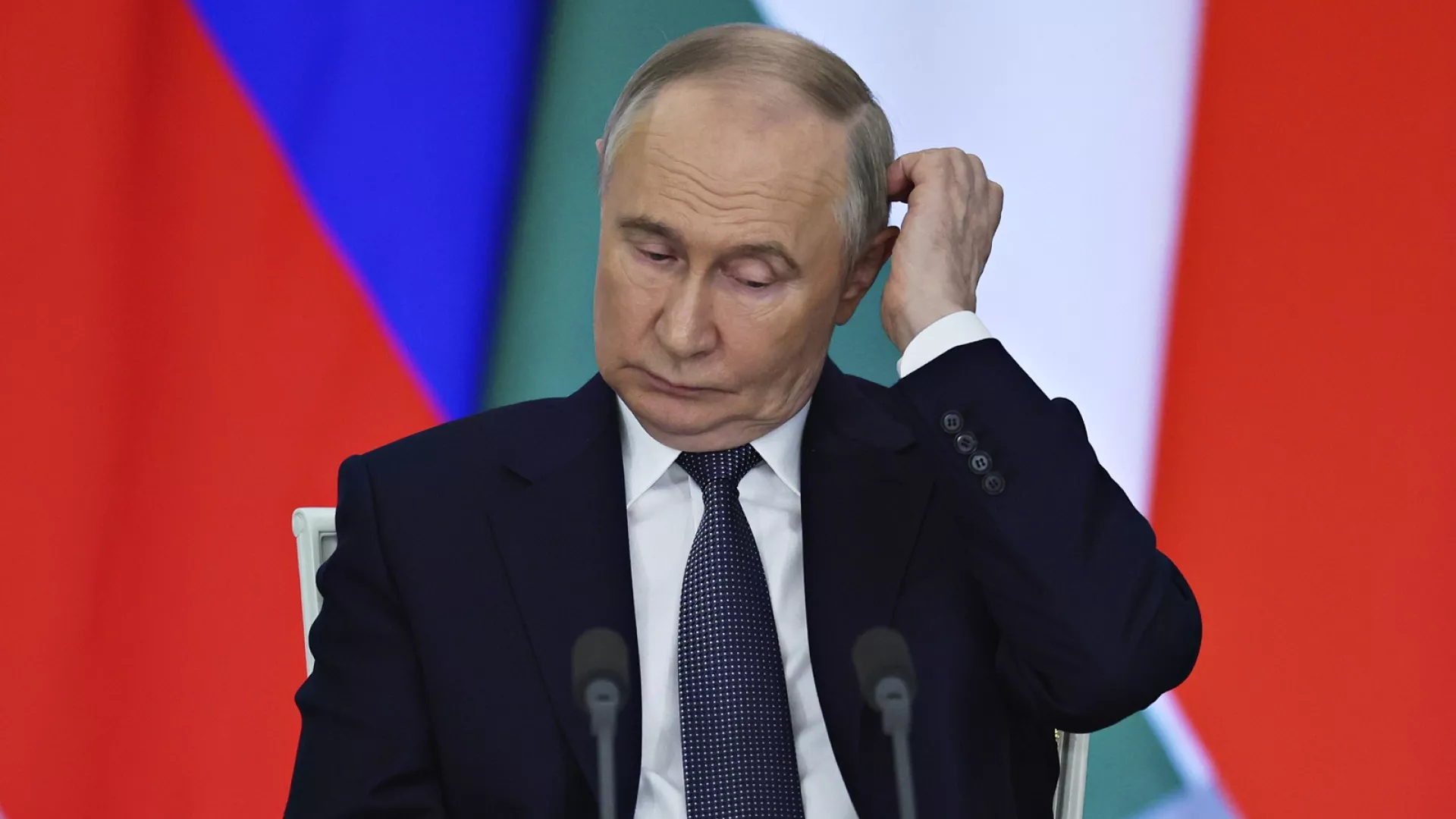The predicament surrounding Iran’s oil exports is becoming increasingly alarming, particularly with $1.75 billion worth of oil currently stuck in China. This situation stems from a complex mix of sanctions, trade policies, and geopolitical tensions, which have resulted in a backlog of Iranian crude that remains unprocessed. The financial implications for Iran’s oil industry, which has suffered drastically due to international sanctions, cannot be overstated. With such substantial amounts of capital tied up in Chinese ports, Iran is finding it increasingly difficult to manage its economic stability and keep its oil industry afloat.
The oil that is effectively trapped in China symbolizes broader economic challenges for Iran. The inability to access these funds exacerbates economic consequences not only for the government but also for Iran’s oil industry stakeholders. Many of these stakeholders rely on consistent revenue streams and access to their investment. The ongoing stalemate raises questions about the future of these partnerships and the overall health of the Iranian economy.
Moreover, the geopolitical implications cannot be ignored when considering how China plays a pivotal role in Iran’s economic landscape. As one of Iran’s largest trading partners, China has significant influence over Tehran’s economic decisions. This puts Iran in a precarious position, where it must navigate the complexities of international relations while attempting to secure its economic interests.
Potential solutions for resolving the oil stalemate include negotiating with China for favorable terms that might allow Iran to release some of these funds or exploring alternative markets for its oil. Diplomacy may play a crucial role in easing these restrictions, but the internal political dynamics within Iran also pose significant challenges to any proposed solutions.
As this situation continues to unfold, the key takeaways highlight the urgent need for Iran to reevaluate its economic strategies, especially within the context of its oil industry. The world is watching as Iran grapples with these formidable challenges, making it clear that the resolution of its oil stuck in China could very well determine the trajectory of the Iranian economy moving forward.
Economic Consequences For Iran’s Oil Industry Stakeholders
The ongoing situation of Iran in Trouble Over $1.75 Billion Worth of Oil Stuck in China poses significant economic challenges for the country’s oil industry stakeholders. As the oil market struggles with sanctions and trade restrictions, this substantial amount of oil inability to reach the global market translates into lost revenues for both the government and private sectors involved in oil extraction and distribution.
Moreover, the bottleneck created by this $1.75 Billion oil sum hinders Iran’s ability to maintain its production levels and fulfill domestic and international contracts. Stakeholders who rely on the consistent flow of revenue from oil sales face uncertainty, which can affect their operational strategies and long-term investments. With the stakes being so high, the economic ramifications extend beyond just financial loss; they also impact employee livelihoods and the broader economic landscape of Iran.
Additionally, foreign investors may become wary of entering into partnerships within Iran, fearing that the situation may complicate investment returns amidst geopolitical tensions. This hesitancy by investors further isolates Iran’s oil industry, leaving stakeholders vulnerable to market fluctuations and domestic economic pressures.
The economic consequences for Iran’s oil industry stakeholders as a result of the oil stranded in China are steep, underscoring the urgent need for solutions that can unblock this critical resource and restore financial stability.
Geopolitical Implications: How China Influences Iran’s Economy
The relationship between China and Iran is a complex web of geopolitical interests and economic dependencies. As Iran finds itself in trouble over $1.75 billion worth of oil that is currently stuck in China, the implications of this situation extend far beyond mere financial loss. China, as one of Iran’s largest trading partners, plays a crucial role in determining the future of Iran’s oil industry. The economic consequences of this deadlock can be profound, not only for Iran but also for stakeholders and countries connected to the global oil market.
Geopolitically, China’s influence on Iran’s economy is evident as it often acts as a buffer against Western sanctions. Iran relies heavily on China for the sale of its crude oil, which has led to an increasingly intertwined economic relationship. When Iran faces economic challenges, like the current crisis, it risks losing its leverage in this partnership. The hefty sum of oil stranded in Chinese storage facilities may indicate a shift in China’s willingness to accept Iranian oil, reflecting broader geopolitical dynamics.
The pressures stemming from this situation are not one-sided; while Iran is in a tight spot, China also has much at stake in maintaining its access to Iranian oil. The fallout from any potential reduced imports could negatively affect China’s energy security, making it crucial for them to find a balanced solution. Nevertheless, China’s capacity to negotiate may be limited by its own geopolitical considerations, especially regarding its relationships with Western powers and regional players.
The geopolitical implications of the current state of Iranian oil are profound. The economic influence of China shapes not only the fate of Iran’s energy sector but also the broader spectrum of global energy politics.
Potential Solutions For Resolving The Oil Stalemate
The current situation regarding Iran’s oil exports has reached a critical juncture, primarily due to the $1.75 billion worth of oil that remains stuck in China. This predicament not only affects Iran’s economy but also presents challenges to stakeholders across its oil industry. To navigate these turbulent waters, various potential solutions could be implemented that address both the immediate and prolonged implications of this oil stalemate.
Firstly, Iran could explore diplomatic channels to negotiate with China for the release of the stranded oil. Strengthening bilateral relations and establishing a more favorable bilateral trade agreement may incentivize China to facilitate the transfer of funds. Additionally, Iran could seek to diversify its oil markets by reaching out to other countries and creating new trade partnerships to reduce dependence on any single market.
Another approach would involve leveraging technology to enhance oil production efficiency. Investing in modern technologies can help Iran optimize its existing oil fields, thus boosting production levels while waiting for the economic consequences of the current situation to stabilize. Furthermore, engaging in international efforts to lift sanctions or trade restrictions could also yield a positive outcome for Iran, allowing for a smoother re-entry into global oil markets.
Moreover, establishing a robust domestic financial framework could improve liquidity and reduce vulnerabilities associated with international trade. Strengthening economic policies focusing on local currency stability would empower Iran to withstand external pressures and better manage its oil-fueled revenue.
As Iran navigates the complexities of its current predicament, these potential solutions underscore the need for adaptable strategies aimed at mitigating the negative impact of having oil stuck in China. By actively engaging in diplomatic negotiations, diversifying trade relationships, and advancing technological innovations, Iran may yet find a path towards resolving its oil stalemate
To navigate these complex economic challenges, it is crucial for Iran’s policymakers to adopt a multifaceted strategy that prioritizes both immediate fiscal recovery and long-term sustainability. This weeks’ developments will be vital in shaping the path forward, particularly with respect to ensuring Iran’s oil industry can recover and thrive in an increasingly competitive global market.
Navigating Iran’s economic challenges ahead requires a balanced approach that addresses not only the pressing financial issues stemming from the $1.75 billion oil situation in China but also the strategic considerations of international relations and economic resilience.




